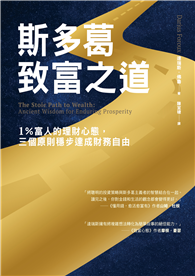| FindBook |
|
有 2 項符合
Skill Transmission, Sport and Tacit Knowledge: A Sociological Perspective的圖書 |
 |
$ 1209 | Skill Transmission, Sport and Tacit Knowledge: A Sociological Perspective
作者:Jakubowska 出版社:Routledge 出版日期:2019-07-05 語言:英文 規格:平裝 / 128頁 / 普通級/ 初版  看圖書介紹 看圖書介紹
|
 |
$ 3354 | Skill Transmission, Sport and Tacit Knowledge: A Sociological Perspective
作者:Honorata,Jakubowska 出版社:Routledge 出版日期:2017-06-21 語言:英文 規格:精裝 / 14 x 21.6 x 1.3 cm / 普通級  看圖書介紹 看圖書介紹
|
|
|
|











